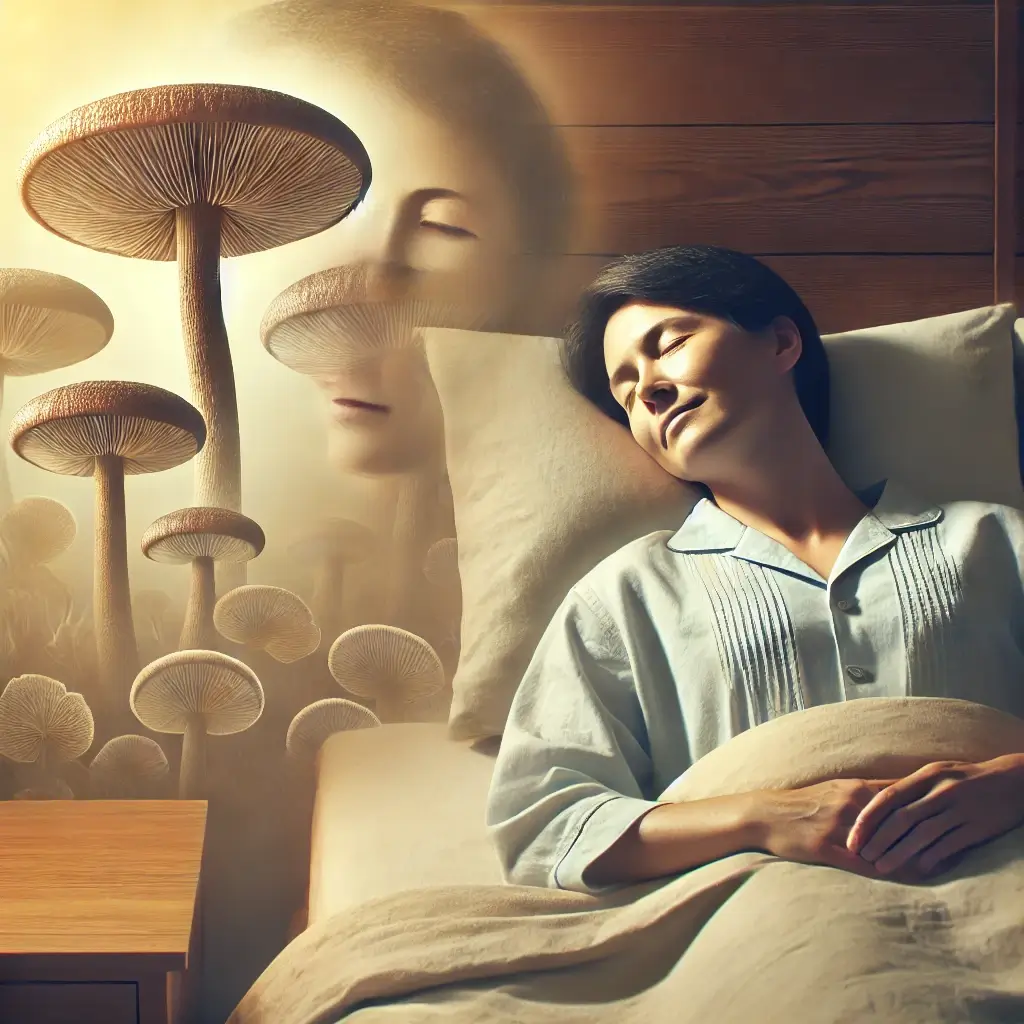The Ayurvedic Practice of Panchakarma
Humans have relied on Panchakarma, an ancient Ayurvedic process that cleanses the mind and body for thousands of years. This five-step strategy detoxifies the body and restores balance to its natural processes. The process’s progressive steps target each aspect of the body and mind with precision.
Purva Karma is the first procedure in Panchakarma that prepares the body to cleanse. Purvakarma, which means “foremost action,” is Panchakarma’s first and most essential stage. Warming up for a rigorous workout is similar to preparing the body for the upcoming thorough cleanse. A more detailed explanation can be found here:
Critical Methods of Purvakarma
Critical Methods of Purvakarma: The Panchakarma regimen’s Pachana (Digestion) step involves using herbal treatments and dietary adjustments to increase the digestive fire, or agni, and aid in eliminating pollutants.
Medicated oils, including sesame oil, are used both internally and externally throughout the snehana (oleation) procedure. The oil, which acts as a lubricant, allows for easier retrieval of toxins buried in deeper tissues.
Swedana, or sudation, is a Panchakarma treatment that entails sweating in an herbal steam bath or sauna. This helps to bring loosened toxins to the surface, where they can be more easily removed during the primary therapy.
Focuses on detoxification
Pradhana Karma, Panchakarma’s second step, focuses on detoxification. During this phase, you’ll undergo a series of therapies to flush out toxic compounds, such as herbal enemas and baths.
Paschat Karma, the third step of Panchakarma, addresses difficulties that develop following cleansing. During this phase, your body will undergo various therapies and dietary changes aimed at speeding up its healing period following detoxification.
Rasayana Therapy, the fourth step of Panchakarma, focuses on rejuvenating the body and the mind. During this phase, you’ll make dietary and herbal changes to help bring your body and mind back into balance and enhance your health.
Meditation exercises to improve your emotional and mental health
Sattva Karma, Panchakarma’s fifth and final stage, focuses on mind cleansing. During this stage, you will practice a series of mindfulness and meditation exercises to improve your emotional and mental health.
How Purvakarma Can Benefit You:
Purvakarma prepares the body for the basic cleansing methods of Panchakarma, increasing its effectiveness and efficiency.
Pain Reduction: Reducing toxins before purging will help alleviate any discomfort that may arise during the more powerful purging procedures.
Ayurvedic practitioners customize Purvakarma detoxification treatments based on your Dosha (body type) and other specific circumstances.
Other considerations:
The duration of Purva karma varies from person to person, although it typically lasts three to seven days.
Dietary restrictions are often recommended to improve digestion and reduce ama (toxins) during this period.
Relaxing and unwinding are essential for the best results
I hope this has given you a thorough understanding of Purvakarma and its significance in Panchakarma! Always see a skilled Ayurvedic professional before undertaking Panchakarma, especially if you are pregnant or have a previous medical condition.
In general, Panchakarma is a demanding treatment that must be closely monitored by an expert Ayurvedic physician. However, Panchakarma can be an excellent alternative for anyone seeking a holistic and natural approach to mental and physical purification.













